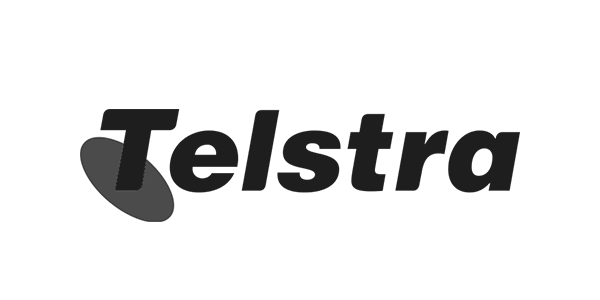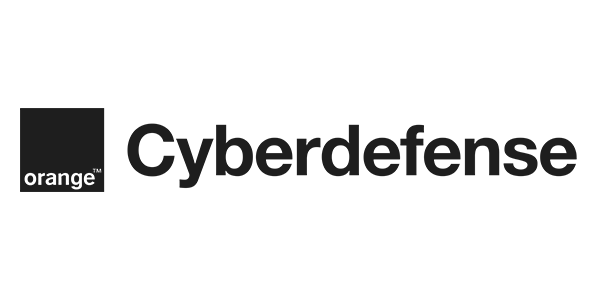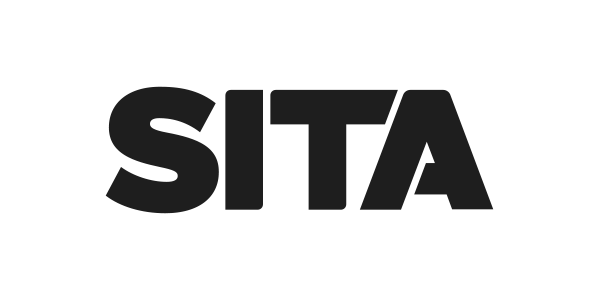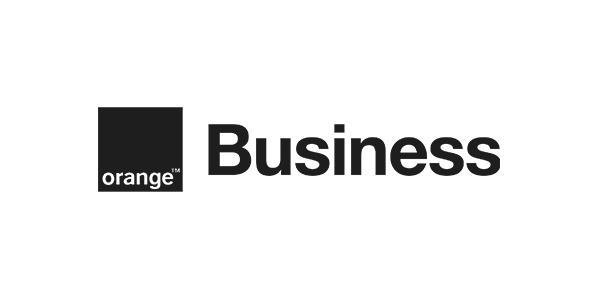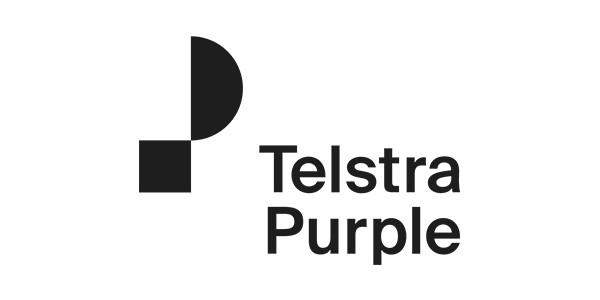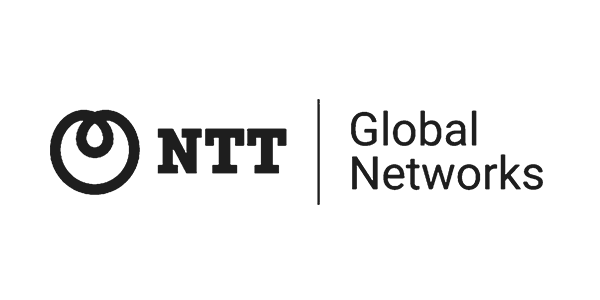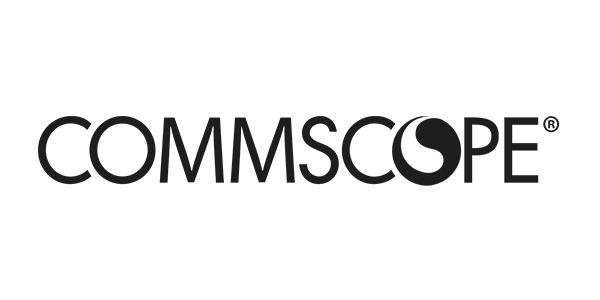More than ever, businesses need to support their supplier ecosystem
Pandemics don’t carry passports. Crop failure, extreme weather patterns and the coronavirus are bigger than political or administrative borders. Walls won’t protect you. Walls are tempting, of course. They make communities feel safe. (Though they didn’t help Troy, Hadrian, China or divided Berlin.) However, the big problems we all face today show the challenges our customers, partners, employees, suppliers, family and friends face fly far above artificial barriers.
Walls fall.
Our current challenges – climate change, disease, crop failure – don’t respect borders. UN Secretary-General, Antonio Gutteres recently warned: “We are in an unfolding climate emergency… We have a huge task ahead of us,” urging business and government to work together to battle that threat. Our businesses are made up of people, without them we do not exist.
Think about the benefits of doing the right thing – putting purpose above profits.
We’re seeing lots of companies, big and small, attempt to do this. From small retailers distributing Coronavirus survival packs to homeless people to multinationals promising full pay to retail staff they’ve placed on furlough. These businesses all follow the Golden Rule: Treat people the way you want to be treated yourself.
Following that rule can be expensive. Doing the right thing won’t always bring the best short-term profit, but the long-term benefits are big. It creates a reservoir of customer and employee loyalty. It means your customers, employees and partners want to work with you, buy from you – trust you. Keep that faith and you have an easier time when you launch a new product or make a (rare) error. Just attempting to do the right thing can generate unexpected consequences.
Developing this kind of loyalty puts your business at the centre of people’s lives. It elevates you, your brand, and your business. It turns everyone you work with into brand ambassadors and builds employee retention, engagement, and pride. You also get to attract better employees. Millennnials particularly seek work with meaning and purpose.
This kind of commitment makes your business more agile. The EY Beacon Institute tells us: “75% of purposeful companies involved in our survey tell us that the integration of purpose creates value in the short-term, as well as over the long run.
“They also report that being purposeful gives them greater agility to innovate in the face of disruption and uncertainty,” said the Institute’s global lead Valerie Keller.
Do the right thing
There’s a cost of failing to do the right thing. One UK brand sued the NHS, only to subsequently request state aid when one of its other businesses went sour. This damaged public perception of the brand and will inevitably erode trust.
“A purpose patina of words without action runs the risk of unmet stakeholder expectations, decreased trust and missed opportunities,” warns Keller.
When disaster strikes there’s a tendency simply to shut up shop and send employees home. What are the consequences of that? Customers can put up with the inconvenience, but your loyal employees, partners and suppliers need to be supported. Failure to pay your bills, meet your obligations and do the right thing for employees opens a chapter of evictions and bankruptcy and this ripples all the way down the line. Local businesses collapse. Not just where you are, but where your suppliers happen to be. Not just in your country, but across national walls. Because walls don’t really protect against any kind of disaster on our connected planet.
Business does not exist on some higher plane. We exist within the communities we serve. A big up- or downstream shock generates problems across every ecosystem, which is why our response is so important. It extends from how we handle the crisis to how we handle the clean-up, and how deeply we invest in the communities upon which our business is based. Authenticity means it isn’t – and cannot be – merely a business decision.
When handling our current predicament, we must respond from our own humanity. We must respect the communities we belong to. Pay your suppliers, partners, contractors. Try to keep the business going for a while, if only to give them time to find some way to survive this disaster. After all, if and when this crisis passes you will want to work with them again to rebuild and doing the right thing by them now means they’ll still trust you enough to return.
Because trust is currency. Like disaster, it reaches around walls. Doing the right thing is an investment in both business and community resilience. It’s good karma and makes good business sense.
Here’s an article we wrote for our friends at Orange about the rise of the purpose-led business, about enterprises embracing their wider environmental and social responsiblities.

![Create the ideal white paper in eight weeks [infographic]](https://www.futuritymedia.com/wp-content/uploads/2020/02/Futurity-Whitepaper-Timeline-Graphic-v6-header.jpg)

![New to ABM? Follow these 5 steps to drive complex sales [UPDATED]](https://www.futuritymedia.com/wp-content/uploads/2023/04/shutterstock_1225782988.jpg)




